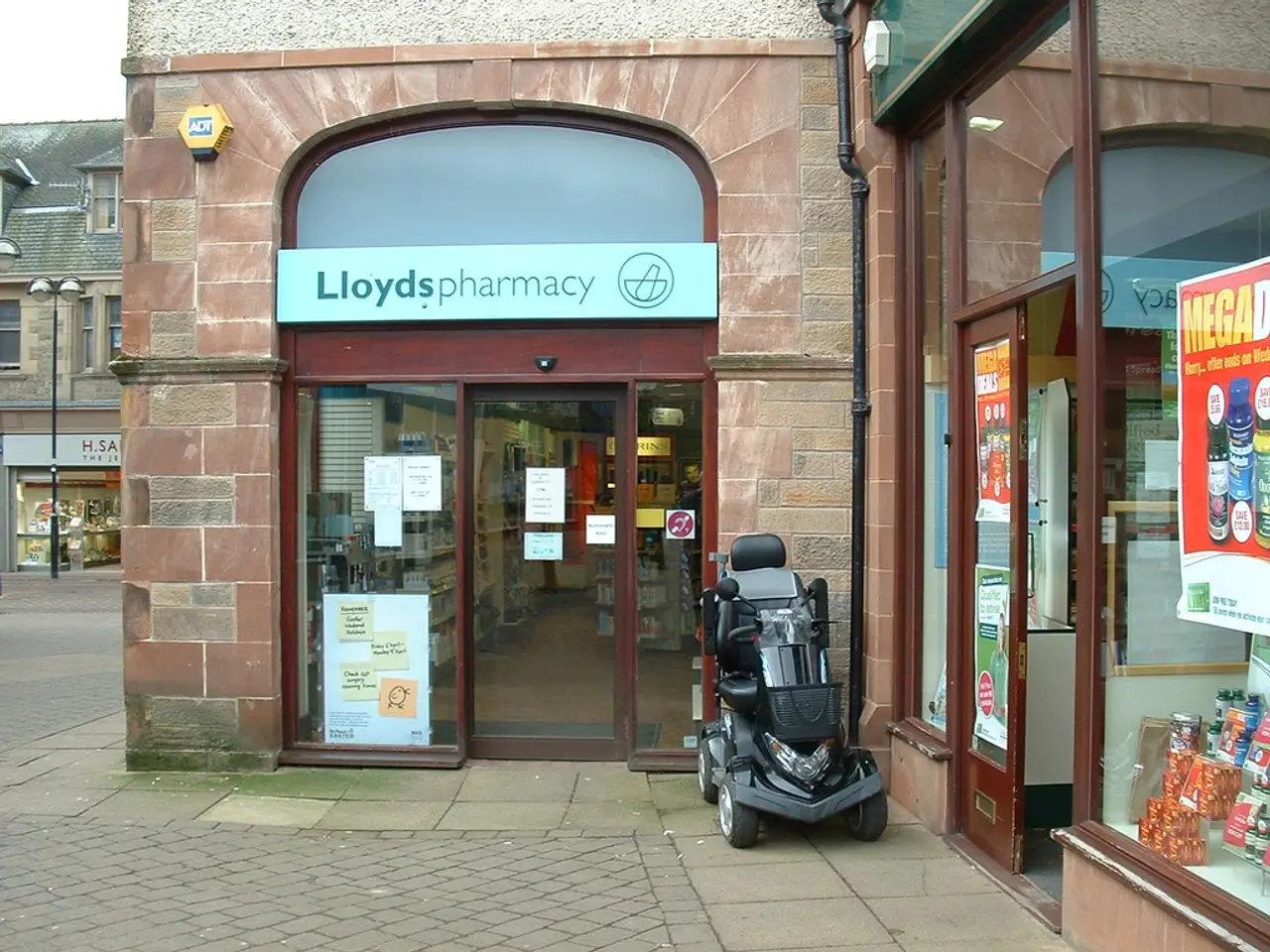Why are drugstores shutting down operations?
The French government's recent decision to reduce commercial discounts on generic drugs given to pharmacists has sparked widespread protests and closures in the pharmacy sector. This move, aimed at saving 600 million euros, has raised concerns about the financial viability of pharmacies, potential job losses, and access to generic drugs for patients.
The French generic drug market operates under a strict pricing system, with a mandatory initial discount of around 60% imposed on generic manufacturers relative to originator brand prices. The government's move to reduce the discount ceiling for generic drugs from about 40% down to 20–25% limits the profits pharmacists can make on selling generics. This policy aims to control public health expenditures but has generated pushback from pharmacists who rely partly on these discounts to sustain their businesses.
The impact on generic drug sales is multifaceted. Reduced profitability for pharmacists may disincentivize them from actively promoting or stocking generics, which could slow generic uptake. However, the government enforces measures like the Tarif Forfaitaire de Responsabilité (TFR), which penalizes low generic substitution by limiting reimbursement to the cheapest generic price, encouraging generic use despite reduced discounts.
Pharmacists’ strikes and closures, if prolonged, risk temporary disruptions in access to medications, including generics, affecting sales volumes negatively in the short term. Quentin Ginistry, a pharmacist in Rennes (Ille-et-Vilaine), estimates this loss of income to be around 30,000 euros per year.
The new ceilings on discounts will limit the amount pharmacists can buy products for. For example, a product currently costing 10 euros will have a maximum price of 8 euros. Under an agreement with the government, pharmaceutical companies offer pharmacists discounts of up to 40%. This decrease in discounts is estimated to result in a loss of income for pharmacists.
The potential reduction in sales of generics could be a consequence of the financial loss due to the discount reductions. The decreased incentive for pharmacists to sell generics is a possible outcome of the new discount ceilings. The decreased discounts for pharmacists could potentially disrupt medication sales.
The new discount ceilings, set by a decree of August 4, will decrease from 40% to 30% on September 1 and further to 20% on July 1, 2027. The potential disruption in medication sales could be linked to the decreased incentives for pharmacists to sell generics.
This policy change has provoked strong opposition from pharmacists, leading to strikes that could further disrupt generic sales temporarily. The price of generics, the main source of income for pharmacists, is causing concern. The financial implications for pharmacists could result in changes in the sale patterns of generics.
In summary, while reducing pharmacists' discounts on generics is intended to lower healthcare costs, it risks reducing pharmacies' willingness or ability to promote generics, potentially slowing generic drug substitution growth in France. This policy change has provoked strong opposition from pharmacists, leading to strikes that could further disrupt generic sales temporarily.
- The French government's policy change, which involves reducing discounts on generic drugs for pharmacists, has sparked concerns about its impact on the pharmacy sector, with pharmacists expressing backlash through strikes and closures.
- The decrease in discounts for generic drugs could disincentivize pharmacists from actively promoting or stocking these drugs, potentially slowing the uptake of generics in the French market.
- The new discount ceilings, set by the government, could disrupt the sale patterns of generic drugs, as pharmacists may face reduced incentives and potential financial losses, which could impact the availability and affordability of these drugs for patients in the long run.




